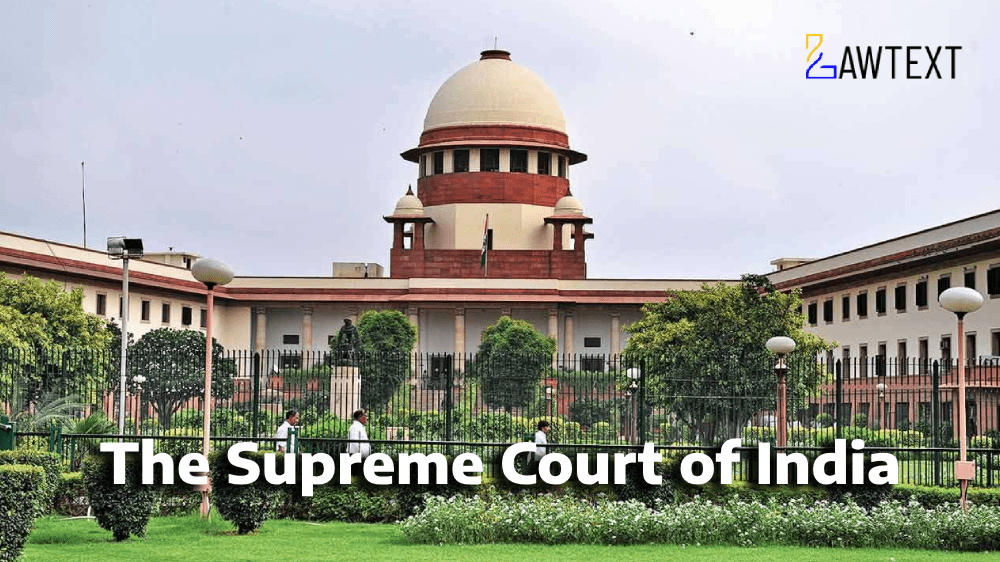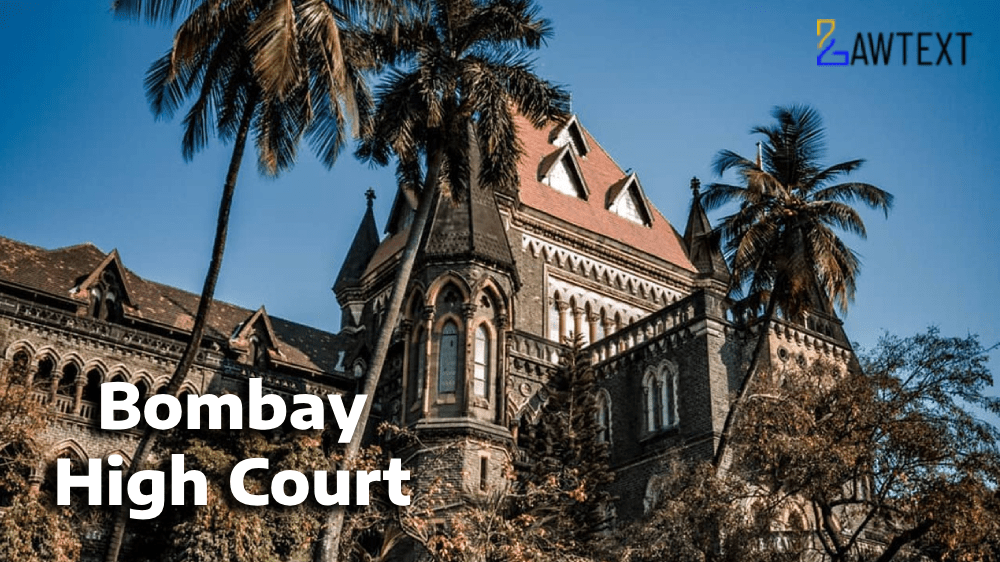Case Note & Summary
The Supreme Court addressed whether a promotional trailer creates a contractual obligation or leads to an unfair trade practice under the Consumer Protection Act, 1986. The Court held that promotional trailers are not offers but rather advertisements that do not create enforceable promises. The film producers were not liable for the absence of a song that was included in the trailer but omitted from the final film.
Facts:
Introduction (Paras 1-2): The case involved a dispute where a consumer, based on a trailer that included a song, watched the film "Fan" but found the song missing in the final film. She claimed deficiency of service and unfair trade practice, demanding compensation for mental agony. Lower Courts (Paras 3-3.2): The District Consumer Forum dismissed the complaint. However, the State Commission and National Consumer Disputes Redressal Commission (NCDRC) ruled in favor of the complainant, stating that omitting the song constituted an unfair trade practice and deficiency in service.Key Legal Issues:
Contractual Obligations of Trailers (Paras 4-14): The Court analyzed whether promotional trailers could create contractual obligations. It held that trailers are merely unilateral advertisements aimed at promoting films and do not constitute offers that lead to promises or contracts enforceable by law. Deficiency in Service and Unfair Trade Practice (Paras 15-18): The Court reviewed whether the omission of the song amounted to a deficiency of service or an unfair trade practice under the Consumer Protection Act. It concluded that there was no false representation in the trailer, and the absence of the song did not violate consumer rights.Ratio Decidendi:
No Contractual Promise: The Court clarified that a promotional trailer does not signify a binding offer, hence no contract or promise is formed regarding the trailer’s content being part of the film. No Unfair Trade Practice: The promotional trailer’s omission of the song was not considered misleading or deceptive. Since there was no material discrepancy, it did not constitute an unfair trade practice under the Act. Acts and Sections Discussed: Consumer Protection Act, 1986: Section 2(1)(g): "Deficiency" in service. Section 2(1)(r): "Unfair Trade Practice". Section 2(1)(d): Definition of "Consumer". Indian Contract Act, 1872: Section 2(a): Proposal. Section 2(b): Promise. Section 2(h): Contract. Subjects:Consumer Rights in Artistic Services – Limits of Liability for Promotional Content in Films
#ConsumerProtection #UnfairTradePractice #ContractLaw #EntertainmentLaw #FilmPromotion
Issue of Consideration: YASH RAJ FILMS PRIVATE LIMITED VERSUS AFREEN FATIMA ZAIDI & ANR.
Premium Content
The Issue of Consideration is only available to subscribed members.
Subscribe Now to access critical case issues








